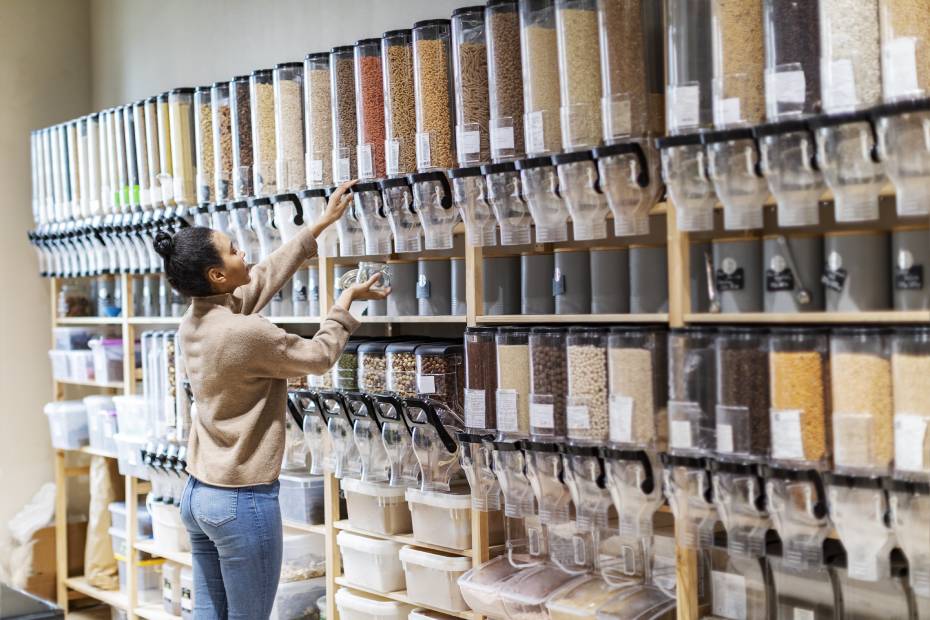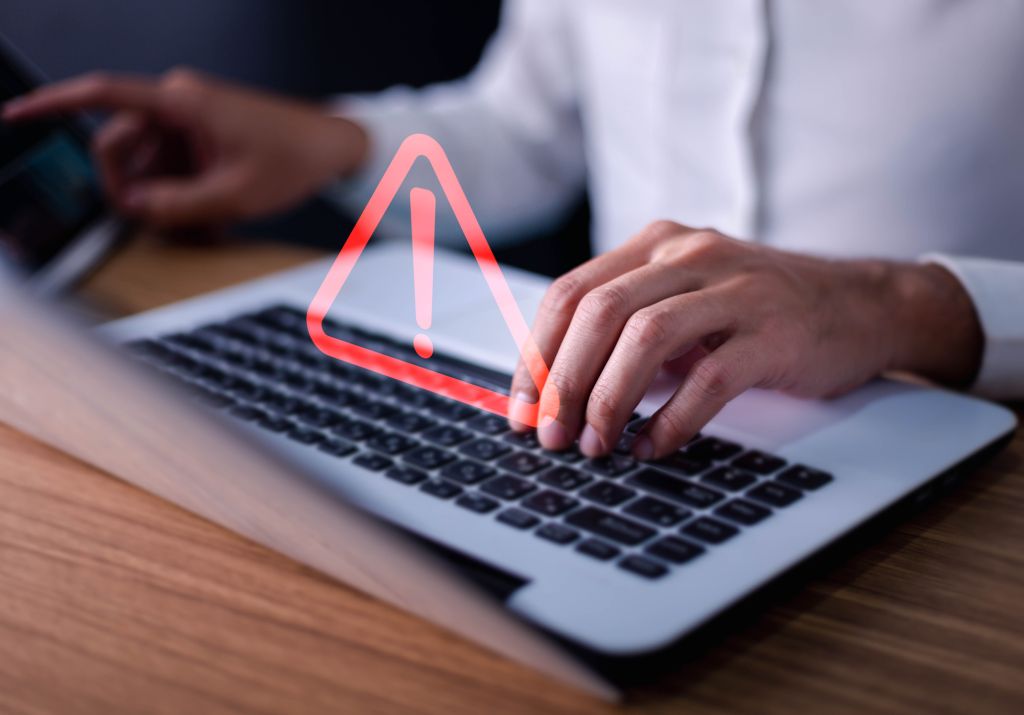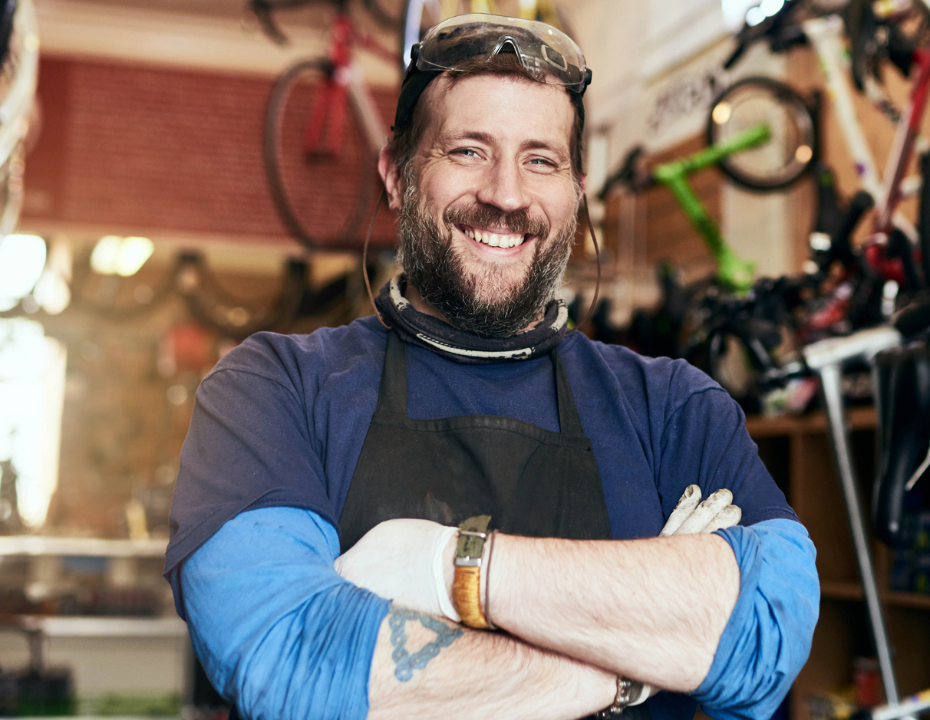Published July 26, 2022 • 10 Min Read
Over the last few years, national and global events have accelerated the adoption of Environmental, Social and Governance (ESG) considerations. The COVID-19 pandemic, for instance, shone a spotlight on labour relations and supply chain issues, while devastating weather events highlighted the need for urgent climate action. Government initiatives and consumer sentiment have conspired to drive companies to ramp up their efforts to reduce greenhouse gas emissions and source, manufacture, package and distribute products in line with these shifts in societal expectation.
At the 2022 Retail Conference of Canada, RBC hosted a panel, Driving the Sustainability Opportunity in Retail, featuring three senior sustainability experts and moderated by Sarah Thompson, Managing Director of RBC Capital Market’s Sustainable Finance Group. Mark Kadonoff, Vice President of Sweets from the Earth, Jacquelyn Kankam, Senior Director of Sustainability & Social Impact at DECIEM and Paul Yang, Senior Director, Innovation and Sustainability at Tim Hortons joined to share their sustainability journeys and discuss the challenges and opportunities they face when it comes to integrating ESG considerations into their operations.
Can companies make the sustainable changes consumers are looking for?
The interest and investment in ESG and sustainability have increased dramatically over the past few years, with most large companies making significant sustainability commitments. There remains a great deal of consumer skepticism, however, around how much change is actually occurring. Thompson asked the panel whether companies are in fact moving as fast as they need to be — or are Canadian businesses lagging behind?
Sweets from the Earth was founded in 2002 as a small plant-based business and was one of the first vegan bakeries in Canada. Their mission was to show the sustainability and environmental aspects of veganism and how vegan products can be better not only for the people but also for the environment. With an ingrained focus on environmentalism, Kadonoff explains that sustainability has been rooted in every decision they make. “It wasn’t something that just came to us recently, but started from the beginning,” he says. “It’s part of the decision-making process in how we locate our facilities, source the products, ingredients and packaging we use, as well as our distribution.”
DECIEM includes beauty brands NIOD and The Ordinary. Kankam has been with the company for two years and reveals they are working hard on becoming a truly sustainable company, admitting they may never get there. “But it’s important that we try,” she says, explaining that they have a lot of engaged staff who ask detailed questions about sustainability and care deeply about sustainability commitments including packaging and climate change. DECIEM’s customer base is also very engaged and as a company, their focus is on making a tangible change that truly makes an impact on the environment, versus making half-hearted efforts that may look positive on social media.
Paul Yang reveals that at Tim Hortons, his team is building out a framework of sustainability that is focused on how production and design can have an impact. He has been committed to making Tim Hortons more sustainable over the last five years and integrating sustainability into workflows across the business.
What are the biggest changes seen so far — and what are the important changes to come?
For Kadonoff, the biggest change he’s seen over the last few years is that people are now talking about sustainability.
“Before, everything we were doing was in the background. Now it’s being vocalized, and the expectations are there from both our customers and our suppliers. Sustainability is now taking centre stage,” he says. He shares that they receive a lot of questions on social media about packaging, fair trade practices, local sourcing and labour practices. “Awareness has increased a hundredfold since we started, and it’s really nice to see because a lot of work happens behind the scenes.” He also comments that governments and private companies are taking different approaches to the efforts of businesses, saying that governments have been punitive when climate action isn’t taken, while the private sector has focused more on the positives, rewarding sustainability efforts.
Kankam feels that COVID-19 was a linchpin moment and that extreme weather events created an awakening among the general public about the climate crisis. She’s seen new expectations from consumers and staff to take action. She has also seen the emergence of tackling supply chain emissions. Last year, 99 per cent of their emissions came from their supply chain, so focusing on this area opens doors to assessing their suppliers and distribution methods to make an impact.
While this change is positive, she wants to ensure that sustainable products are accessible for everyone, sharing that many consumers may shy away from purchasing a sustainable product because it can be more expensive. “I think within this journey, brands need to make sure we’re not leaving behind a whole subset of customers because they can’t afford to pay more for products; equality should also be taken into account on this journey,” she says.
Yang shares that Tim Hortons has been at the forefront of sustainability with a significant number of sustainability initiatives underway for years, but previously it was a “fringe” topic. “It wasn’t embedded into the overall business strategy — what’s changed is we have increasing guest awareness. Guests all over the world are thinking about sourcing and packaging.” He also adds they have a better understanding of what their complete supply chain looks like, with greater access to information throughout their supply chain processes.
Yang further adds that given the size and scale of Tim Hortons, he feels the company has both a responsibility and the ability to transform the industry. “Nearly a fifth of the Canadian population visits a Tim’s on a daily basis — that’s a huge number,” he says. “So every little thing we do has the ability to impact Canadians around the globe daily.”
What trade-offs are involved in building a sustainable business and/or integrating ESG into existing practices?
Kadonoff believes that sustainability comes at a cost, but it’s not always an increased cost. “We’ve managed to use sustainability in many cases to lower costs,” he says. For example, their brownies are sold as perfect squares — but they’re not made that way. The baked goods go through a cutting machine that trims the edges to create a square. Previously, they were composting these off-cuts, but one of their line workers suggested this was a waste, as the company was paying someone else to take the off-cuts away to a composting facility. As a result, Sweets from the Earth diverted 100 per cent of their off-cuts from composting and sell them at a reduced cost. “We sell them at a discount online so those that aren’t able to afford our products through a regular retailer can find them at a significantly lower price.”
He also shares that they wrestle with packaging. Their current packaging includes a small amount of single-use plastic, which extends the shelf life of their products to 21 days. If they were to use corn-based packaging, which composts, their product would have a shelf life of 3 to 5 days. “So the question is really what’s better for the environment? A little bit of single-use plastic — which we’re not happy with — or retailers having to throw out the perfectly good products because it’s stale? Those are the sort of battles we face.”
Kankam agrees there are no perfect solutions and trade-offs are inevitable but shares that there is a definite cost of inaction. Her perspective is to not let “good” get in the way of “great,” meaning that if the perfect solution is unviable, it’s worth taking the next best option. In DECIEM’s case, this has meant using carbon offsets on their shipping versus using biofuel. “Arguably, using biofuel would have a better impact,” she says, “but it’s incredibly expensive and supply is limited. We could have chosen to offset some of our shipping with biofuel versus 100% with carbon offsets. We decided to do a trade-off now and use offsets and look at implementing biofuel in the future.”
Yang adds that assessing trade-offs becomes a matter of becoming educated about what drives the business, and how the upstream supply chain and downstream supply chain ultimately impact sustainability. Looking at everything from raw material manufacturers to investments that affect pricing informs how they can address challenges and move forward on their sustainability journey.
How are Diversity, Equity and Inclusion important to your business?
Kandanoff explains that Diversity, Equity and Inclusion (DEI) are a part of everything they do as a company. Like sustainability, DEI is viewed organically and permeates the entire organization. His view is that business leaders need to empower everyone in the organization to test ideas, try new things and create positive change. Diversity of thought at every level enables great ideas to come to life and allows for sustainability practices to emerge and thrive.
Kankam shares that DECIEM began to aggressively look at who they hire, who makes up their leadership team and how diverse their supply chain is and found they weren’t where they wanted to be. While many companies came out with DEI statements in June 2020, she reveals DECIEM set targets and commitments and has stuck with them. Initiatives are led by an employee council that looks at how to create lasting change.
She adds that DECIEM is marrying social and sustainability goals. They recently donated to an Indigenous community in Northern Labrador that enables them to switch from diesel to renewable energy. “They’re putting solar panels on the roof of community centres in an extremely remote community,” she explains, sharing it is one way they are integrating DEI into their climate change footprint and everyday practices.
Yang explains that as part of Restaurant Brands International, which operates in more than 100 countries, they are an organization that takes great pride in making sure they have a diverse range of voices around the table. “We believe it is baked into our culture and our core values and that having a diverse set of perspectives brings out the best in our organization. It drives engagement and helps bring in and invest in talent within the organization.” He emphasizes the need to have a talent pipeline and shares that their hiring process ensures at least 50 per cent diverse candidates in final round interviews across the business globally.
Beyond their employee base, Tim Hortons aims to ensure they have a positive impact on the livelihoods of the communities they do business with. For example, they work with coffee farmers to build basic business skills and help them with their processes so they can increase their yield and continue to grow their business.
The sustainability opportunities are significant — and companies that have ingrained sustainability into their processes from the beginning are certainly well-positioned in the eyes of consumers and investors who want their money to have a positive social impact. For companies that aren’t quite there yet, it’s not too late to adopt practices that can make a difference. Assessing your business’ strengths and weaknesses, evaluating opportunities and challenges and committing to taking some action — whether it’s large or small — can help spark a long journey of sustainability that will make an impact over time.
This article is intended as general information only and is not to be relied upon as constituting legal, financial or other professional advice. A professional advisor should be consulted regarding your specific situation. Information presented is believed to be factual and up-to-date but we do not guarantee its accuracy and it should not be regarded as a complete analysis of the subjects discussed. All expressions of opinion reflect the judgment of the authors as of the date of publication and are subject to change. No endorsement of any third parties or their advice, opinions, information, products or services is expressly given or implied by Royal Bank of Canada or any of its affiliates.
Any information, opinions or views provided in this document, including hyperlinks to the RBC Direct Investing Inc. website or the websites of its affiliates or third parties, are for your general information only, and are not intended to provide legal, investment, financial, accounting, tax or other professional advice. While information presented is believed to be factual and current, its accuracy is not guaranteed and it should not be regarded as a complete analysis of the subjects discussed. All expressions of opinion reflect the judgment of the author(s) as of the date of publication and are subject to change. No endorsement of any third parties or their advice, opinions, information, products or services is expressly given or implied by RBC Direct Investing Inc. or its affiliates. You should consult with your advisor before taking any action based upon the information contained in this document.
Furthermore, the products, services and securities referred to in this publication are only available in Canada and other jurisdictions where they may be legally offered for sale. Information available on the RBC Direct Investing website is intended for access by residents of Canada only, and should not be accessed from any jurisdiction outside Canada.
Share This Article






